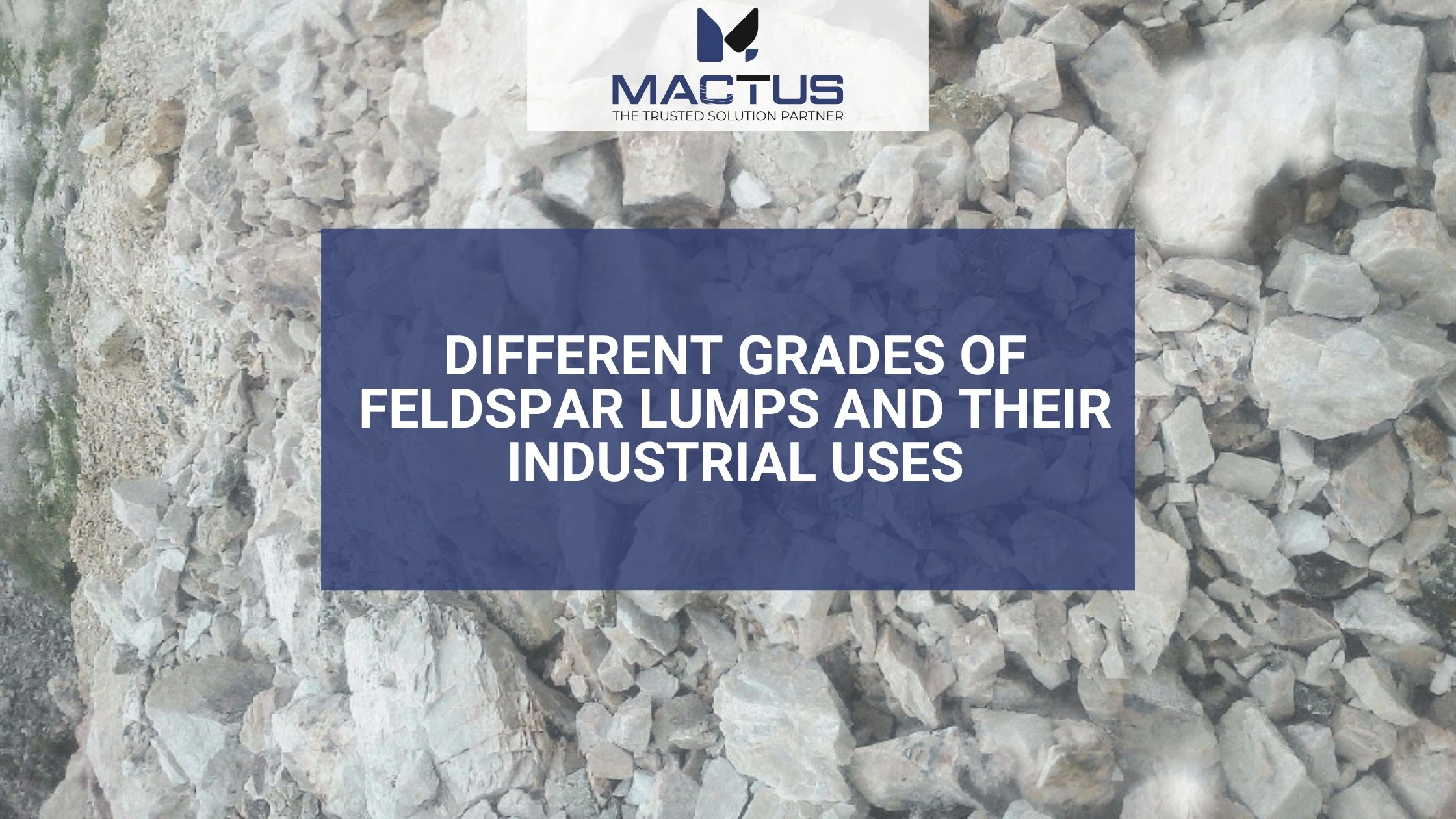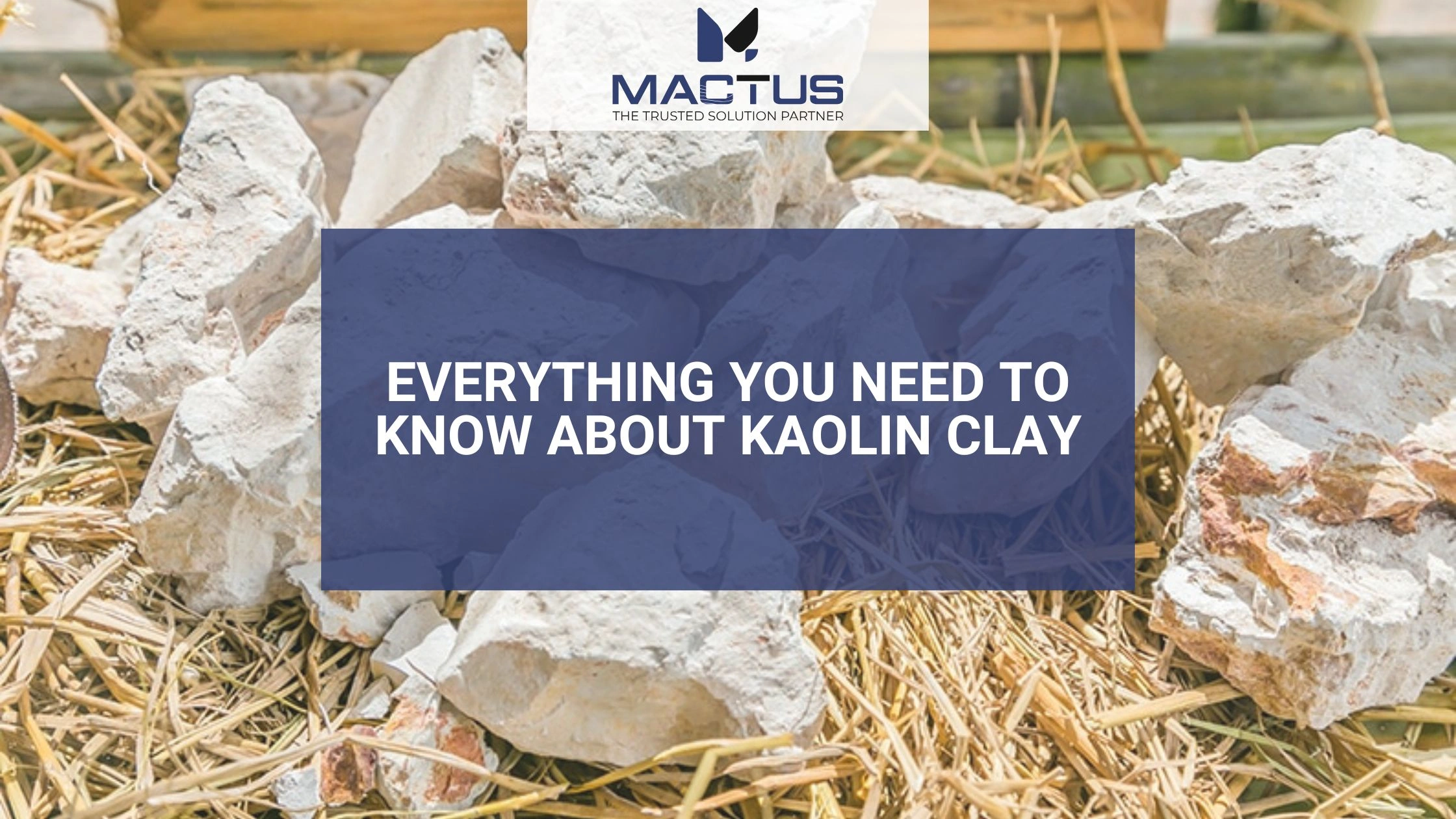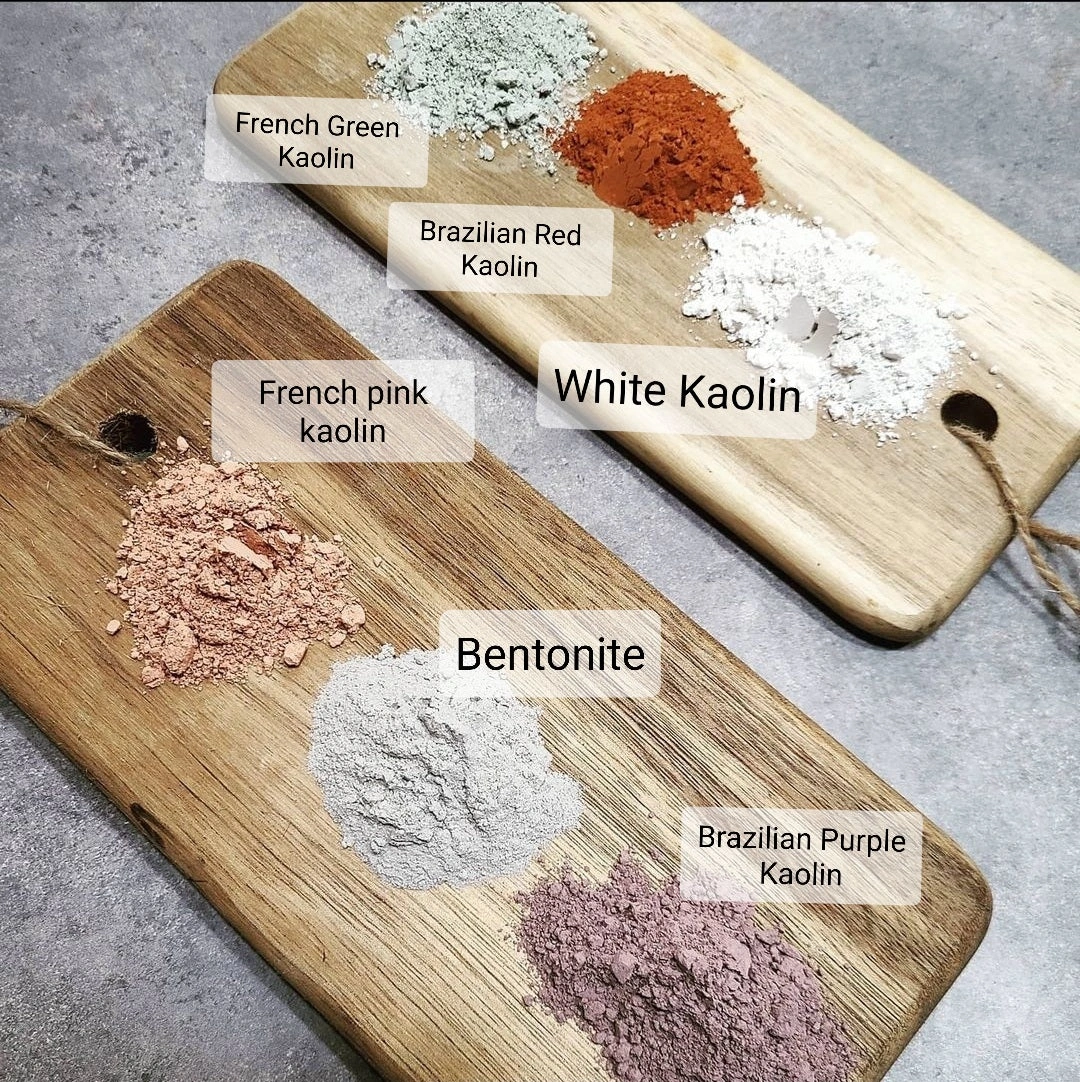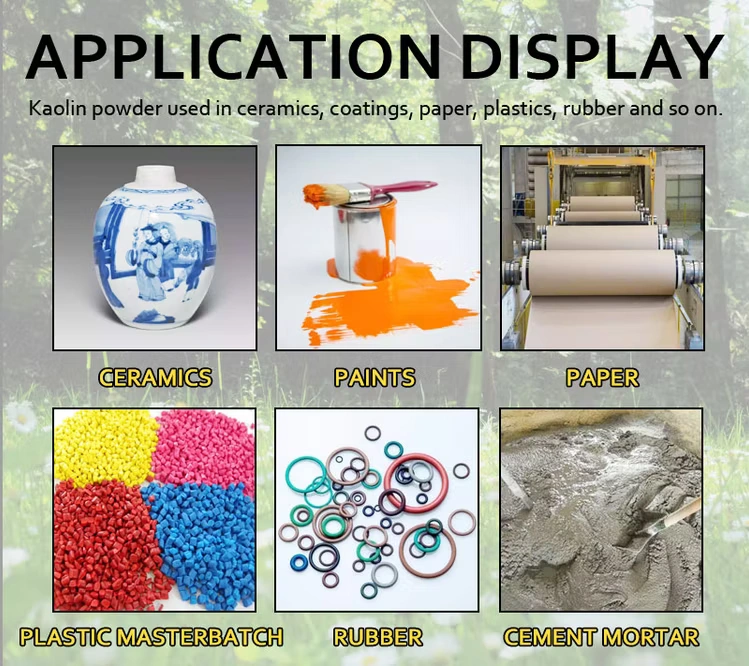

Connect With Our Team

Kaolinite, or kaolin, or kaolin clay is a naturally occurring mineral whose fine grain-sized structure, purity, and versatility make it valuable. Kaolin clay is produced by the break down of feldspar, and is now a standard material used in a huge variety of manufactures, including the ceramics, paper, cosmetics, and pharmaceutical industries.

Kaolin clay has many varieties and each has its own properties and applications:
White kaolin clay: It is the purest only suitable to make ceramics, paper and skin care.
Rose kaolin clay, pink kaolin clay, Red kaolin clay: Coloured forms because of their mineral properties and mild exfoliation properties used in cosmetics.
Calcined kaolin and calcined china clay: Kaolin that has undergone heat treatment to increase brightness and chemical stability and is applied in paints, coatings and plastics.
Bentonite kaolin clay: The mixture of absorbent bentonite with smooth kaolin is not only often applied in special cases, but also has excellent properties.
Kaolin clay stands out for its:
Fine particle size: Helps in smooth blending and application in ceramics, paper and cosmetics.
Brightness and High purity: This qualifies it to be used on high purity products like porcelain and glossy paper.
Chemical stability: Acid, alkali and heat resistant, which guarantees reliability in industrial uses.
Absorbency: It is highly absorbent to oil and moisture, so it is useful in cosmetics and as a rubber and plastic filler.
Safety and ecology: It is free of toxicants, and environmental friendly.

Kaolin clay is one of the most versatile industrial minerals:
Ceramics and Porcelain: In this field the key in fine china and Sanitary ware are used as well as in tiles; the bleached white colour produced by kaolin is most valuable on porcelain, and it also gives strength and good working qualities.
Paper: Kaolin clay is used as a coating and filler to add brightness, smoothness and printability to high quality papers.
Paints and Coatings: Enhances the opacity, gloss and the rheology, and makes the finish cheaper as expensive pigments will be substituted.
Rubber and Plastics: Functions as a working filler and improves tensile strength, abrasion and surface finish. High performance coating and paints are better off with calcined kaolin.
Construction: It improves the cement, concrete, and fiber cement products due to improvement of workability and lowered heat of hydration.
Agriculture: Kaolin clay is non-toxic and is used as crop protectant and soil conditioner and helps keep soil moist.
Pharmaceuticals: It is used as an adsorbent, antidiarrheal and it is also used in tablets to bind them as it is pure and unreactive.
Cosmetics and Personal Care: Kaolin clay for skin care is popular in face masks, soaps, and powders due to its soft cleansing abilities as well as the ability to absorb oil.
Environmental Applications: Kaolin is used in filtration of water and air and purifies contaminants and impurities fostering sustainability.
Brightness and opacity: Essential for ceramics, paints and paper industry.
Stability: Withstands heat, chemicals, and physical stress, making it suitable for construction and refractory applications.
Cost-effectiveness: Reduces the need for expensive raw materials in paints, plastics, and coatings.
Versatility: Adaptable to a wide range of industrial and consumer uses.
Gentle exfoliation: Suitable for sensitive skin, removing dead cells without irritation.
Oil absorption: Controls excess oil, making it ideal for oily and acne-prone skin.
Detoxification: Draws out impurities, leaving skin feeling clean and refreshed.
The global kaolin clay market is projected to reach $7.5 billion by 2034, driven by growing demand in ceramics, paper, paints, and eco-friendly solutions. Innovations in nanotechnology, composite materials, and sustainable mining are expanding kaolin’s applications. As industries seek greener alternatives, kaolin clay’s non-toxic, biodegradable nature ensures its continued relevance.
Kaolin clay is a remarkably versatile mineral, vital to industries and personal care alike. Whether you’re looking for a gentle skincare ingredient, a high-performance filler, or a sustainable industrial solution, kaolin clay delivers unmatched benefits. As demand grows for high-purity, eco-friendly, and performance-driven materials, Mactus Minerals Pvt. Ltd. stands at the forefront, delivering quality and consistency you can trust.
At Mactus, we are proud to be a reliable manufacturer and supplier of Kaolin clay, alongside other essential industrial minerals such as Feldspar, Quartz, Ball Clay, and Talc. With advanced processing capabilities, strict quality control, and a commitment to sustainable sourcing, we cater to both domestic and global markets with solutions that meet evolving industrial needs.
Kaolin clay is used in ceramics, paper, paints, rubber, plastics, construction, agriculture, pharmaceuticals, and cosmetics, thanks to its purity, absorbency, and chemical stability.
Kaolinite is the primary mineral in kaolin clay. Kaolin refers to the mined and processed form used in industry, while kaolinite is the specific mineral component.
Calcined kaolin is produced by heating kaolin clay at high temperatures, which increases its brightness, hardness, and chemical resistance. It’s widely used in paints, coatings, and plastics for its enhanced properties.
Yes, kaolin clay is non-toxic, gentle, and suitable for all skin types, making it a popular ingredient in face masks, soaps, and powders.
Whatsapp Chatx
Hi! Click one of our representatives below to chat on WhatsApp or send us email to [email protected] [email protected]
 |
Mr. Vivek Rajpara +91 75750 53447 |
 |
Mr. Nikunj Vadaliya +91 98240 66283 |
